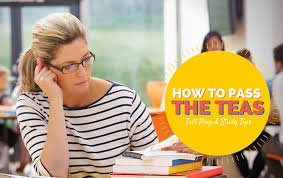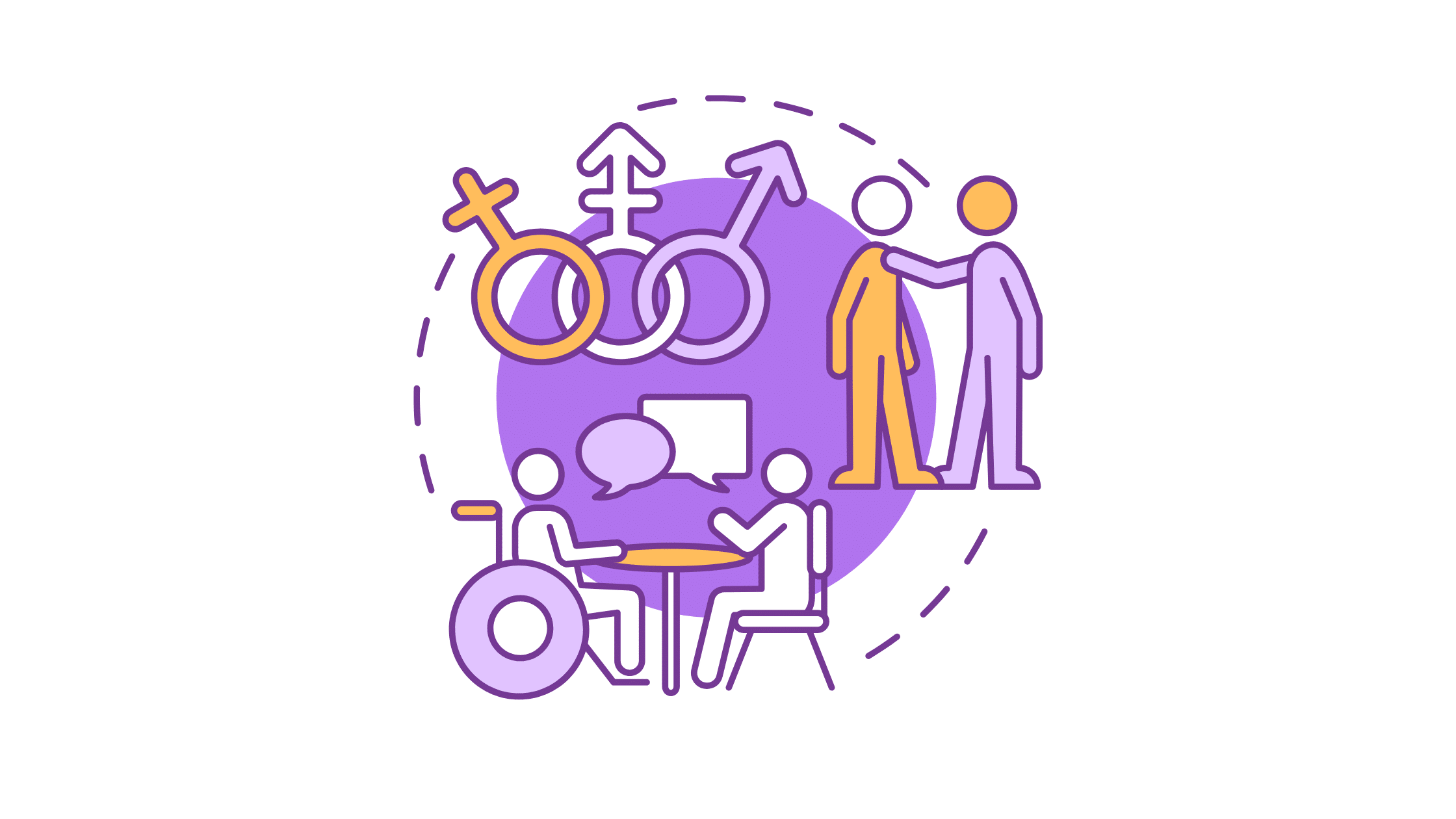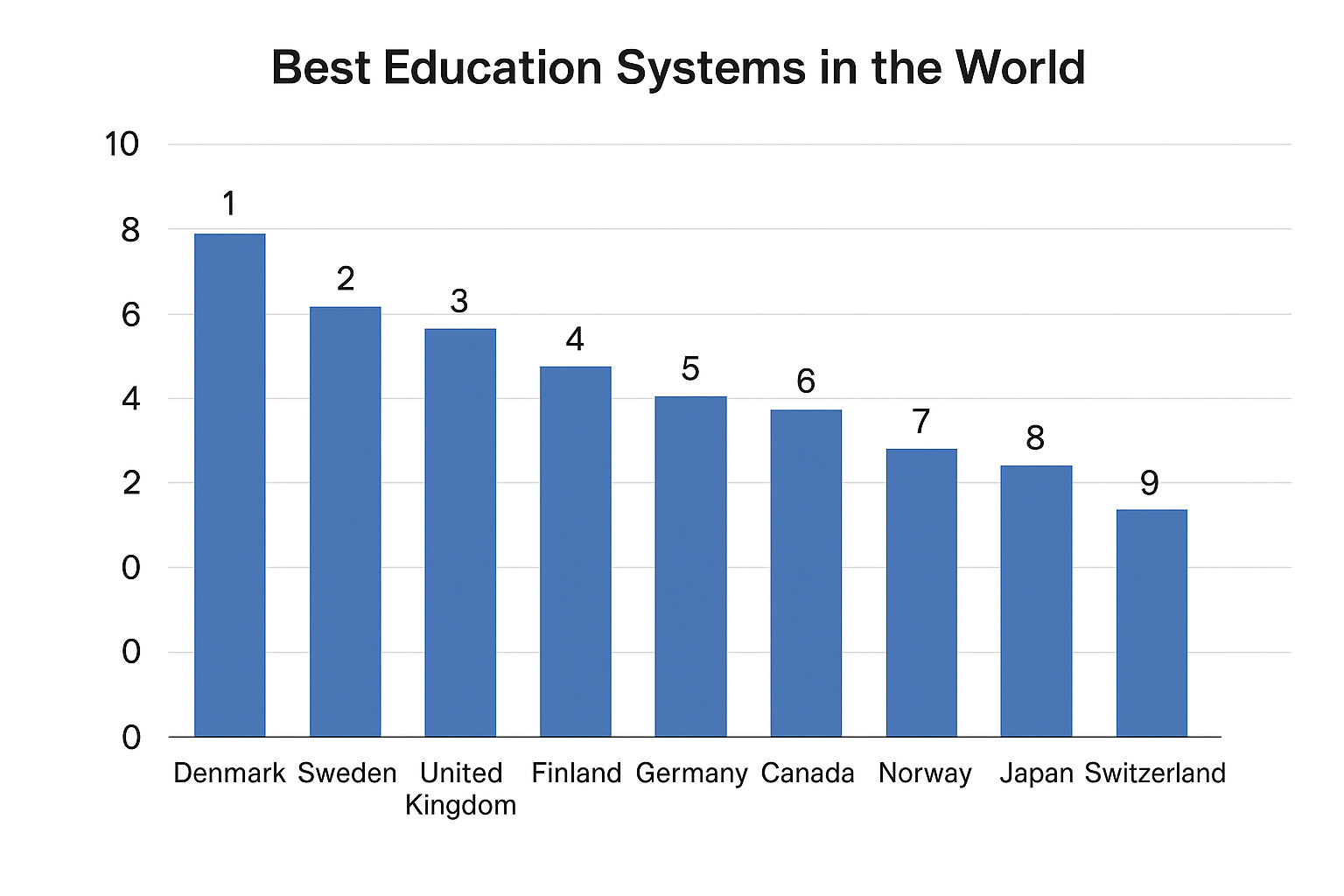
How to Pass the TEAS Test Without Studying: Proven Strategies That Work
Is it possible to pass the TEAS test without studying?
While it's not recommended, some students with strong academic backgrounds in English, math, science, and reading comprehension may pass the TEAS test without dedicated studying. However, the safest and most effective approach is to understand the test format, practice with sample questions, and identify your weak areas. This guide explores realistic strategies, quick prep tips, and smart shortcuts to help you perform your best—even with minimal or last-minute study time.
The Test of Essential Academic Skills (TEAS) is a standardized exam required for nursing school admission. Many students ask:
How to pass the TEAS test without studying?
While traditional studying is the safest way to pass, there are strategic methods that can help you maximize your score with minimal preparation. This guide covers:
- Test-taking techniques to boost your score
- How to use logical reasoning to answer questions correctly
- Cognitive tricks that improve retention without active studying
- Real TEAS question examples and answer strategies
- The truth about passing without studying (backed by research)
Can You Really Pass the TEAS Test Without Studying?
Passing without studying depends on three key factors:
- Your existing knowledge: A strong foundation in math, reading, science, and English increases the likelihood of success.
- Test-taking strategies: Eliminating wrong choices, recognizing patterns, and managing time effectively can improve scores.
- The role of luck: Guessing can work, but it is unreliable as a primary strategy.
Understanding the TEAS Test Format
The TEAS 7 exam consists of four timed sections:
| Section | Number of Questions | Time Limit |
|---|---|---|
| Reading | 45 | 55 min |
| Mathematics | 38 | 57 min |
| Science | 50 | 60 min |
| English & Language Usage | 37 | 37 min |
Since there is a time limit for each section, speed and accuracy are essential.
Best Strategies to Pass the TEAS Test Without Studying
1. Master the Art of Guessing (Without Randomness)
Guessing correctly is a skill. Use these techniques:
- Process of elimination: Cross out obviously incorrect answers.
- Look for answer patterns: Correct answers often reflect the wording of the question.
- Avoid extremes: Answers with words like "always," "never," and "only" are often incorrect.
- Middle-range numbers: In math questions, the answer is rarely the highest or lowest option.
Example Question (Math Section)
What is 15% of 200?
A) 10B) 20C) 30D) 40
Strategy:
- The highest number (40) is too high, and the lowest (10) is too low.
- The answer is likely between 20 and 30.
- The correct answer is 30 (C).
2. Time Management Hacks
Time allocation can significantly impact performance.
Strategies for better time management:
- Skip difficult questions first to maximize the number of correct answers.
- Set question checkpoints to pace yourself (for example, answer 10 questions every 10 minutes).
- Use the 50/50 rule—if you are stuck, eliminate two options and guess between the remaining two.
3. Leverage Cognitive Psychology for Quick Recall
The human brain retains information passively. Even without studying, certain techniques can improve retention.
Ways to absorb information passively:
- Watch short TEAS topic explainer videos to become familiar with question formats.
- Use memory shortcuts (mnemonics) to retain key information.
- Engage in spaced repetition by reviewing key topics briefly over time.
4. Identify and Exploit TEAS Test Patterns
Standardized tests follow predictable structures, making pattern recognition an essential strategy.
Common TEAS test patterns:
- Similar wording between questions and answers—correct answers often mirror question phrasing.
- Answer trends—middle-range values in math are more likely to be correct.
- Distractor choices—wrong answers often contain exaggerated or misleading information.
5. How to Guess Smartly in Each TEAS Section
Reading Section
- Identify keywords in the question and find them in the passage.
- Focus on main ideas and summaries rather than small details.
- If two answer choices are very similar, one is likely correct.
Mathematics Section
- Use estimation to eliminate unreasonable answers.
- Check whether the question asks for an exact value or an approximation.
- If stuck, plug in answer choices to see which one fits.
Science Section
- If unfamiliar with a concept, apply basic scientific reasoning to eliminate options.
- Use prior knowledge from daily life experiences to infer answers.
- Recognize that longer answer choices are often correct due to added details.
English and Language Usage Section
- Identify grammatical errors in answer choices.
- Read sentences aloud in your head to determine fluency.
- When in doubt, choose the most concise answer.
What Research Says About Passing Without Studying
Studies on standardized test performance indicate that:
- Test-taking strategies can improve scores by 20-30%, even without subject mastery.
- Guessing using logical techniques increases accuracy by 25-50%, compared to random guessing.
- Familiarity with question formats improves performance, even without studying the content itself.
Common Myths About Passing the TEAS Without Studying
Myth 1: You can pass purely by guessing.
- While smart guessing helps, it does not guarantee passing.
Myth 2: The TEAS test is all about memorization.
- The test assesses applied knowledge and critical thinking, not just recall.
Myth 3: Studying is the only way to pass.
- Test-taking strategies and logic can help significantly, especially if you already have a strong foundational knowledge.
Know more about TEAS here.
Frequently Asked Questions
Can I pass the TEAS test on my first try without studying?
- If you have a strong academic background, it is possible but not guaranteed.
What is the passing score for the TEAS test if I don’t study?
- The national average passing score is about 60-70%. Without studying, your score depends on existing knowledge and strategy use.
How many people pass the TEAS without studying?
- Exact statistics are unclear, but most successful test-takers engage in at least some level of preparation.
Final Verdict: Is Passing TEAS Without Studying Possible?
While passing the TEAS test without studying is possible, it is not advisable. Those with strong foundational knowledge may succeed using test-taking strategies, pattern recognition, and logical reasoning. However, even minimal preparation—such as reviewing practice questions or watching explainer videos—can significantly increase your chances of success.
If passing the TEAS test is essential for your future, consider combining these strategies with targeted review sessions for the best outcome.



